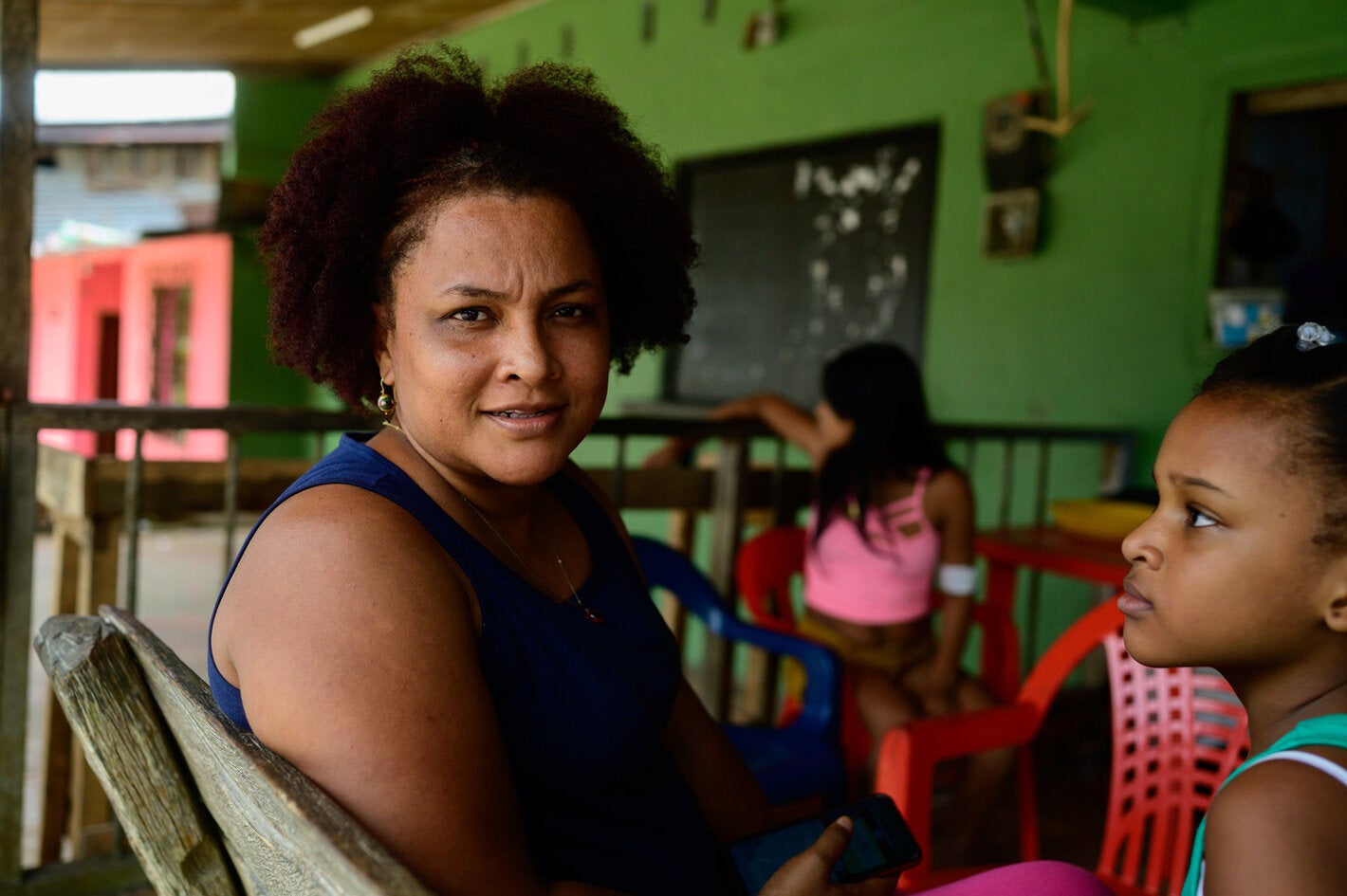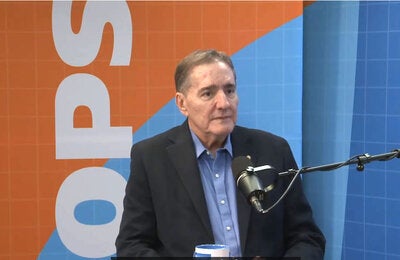
On International Day for People of African Descent, PAHO participates in panels with WHO and with OAS and RIAFRO
Washington D.C. 31 August 2022 (PAHO) - Persisting exclusion, racism and xenophobia in the Americas have led to reduced access to quality health services and worse health outcomes for Afro-descendent populations in the region, said Pan American Health Organization (PAHO) Director, Carissa Etienne, during a panel discussion today to mark International Day for People of African Descent.
The panel, organized by the World Health Organization (WHO) brought together representatives from the United Nations Working Group of Experts on People of African Descent, the University of California, and Harvard University, among others.
In parallel, experts from PAHO, the Organization of American States (OAS) and the Inter-American Network of High Authorities on Policies for Afro-descendant Populations (RIAFRO), also came together in commemoration of the day to discuss ways to strengthen collaboration to address ethnic-racial inequalities in health.
“In the Region of the Americas, Afro-descendants are close to one-third of the population,” the Director said. “Yet, they are often invisible and their contributions to the Region are unrecognized.”
Systemic racism contributes to lower access to health insurance, poorer medical treatment, and worse health outcomes. This is exacerbated by gender inequalities, with Afro-descendant women more likely than all others to lack health coverage in several countries.
“The enjoyment of the highest attainable standard of health is one of the fundamental rights of every human being without distinction of race, religion, political ideology, or economic or social condition,” said Dr. Etienne.
Yet, in some countries in the Americas, Afro-descendant women have a maternal mortality ratio that is nearly four times higher than non-Afro-descendant women.
The COVID-19 pandemic has also had a disproportionate impact on Afro-descendant populations. Greater economic insecurity means that Afro-descendent populations have been less likely to afford prevention methods such as masks, and reduced access to adequate housing and sanitation during the pandemic, has had a knock-on effect on their ability to safely quarantine.
“Our strategies to confront COVID-19 are not one size fits all. We need clear, strong, and inclusive responses to the specific circumstances of Afro-descendant communities who are the experts on both the issues that COVID-19 presents and on actions needed to mitigate these impacts,” Dr. Etienne said.
At the PAHO event, experts also examined ways to better monitor ethnic-racial inequalities in health, and their impact on the health and wellbeing of communities.
PAHO’s Policy on Ethnicity and Health and its Plan of Action documents the health challenges facing the Afro-descendent community in the Americas and generates commitments to address them.
To achieve the fundamental right to health for all, we need “all hands on deck,” the PAHO Director said, “to lead with Afro- descendant communities, expand our partnerships, engage national authorities and collaborate with academia and the UN system.



